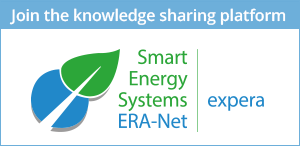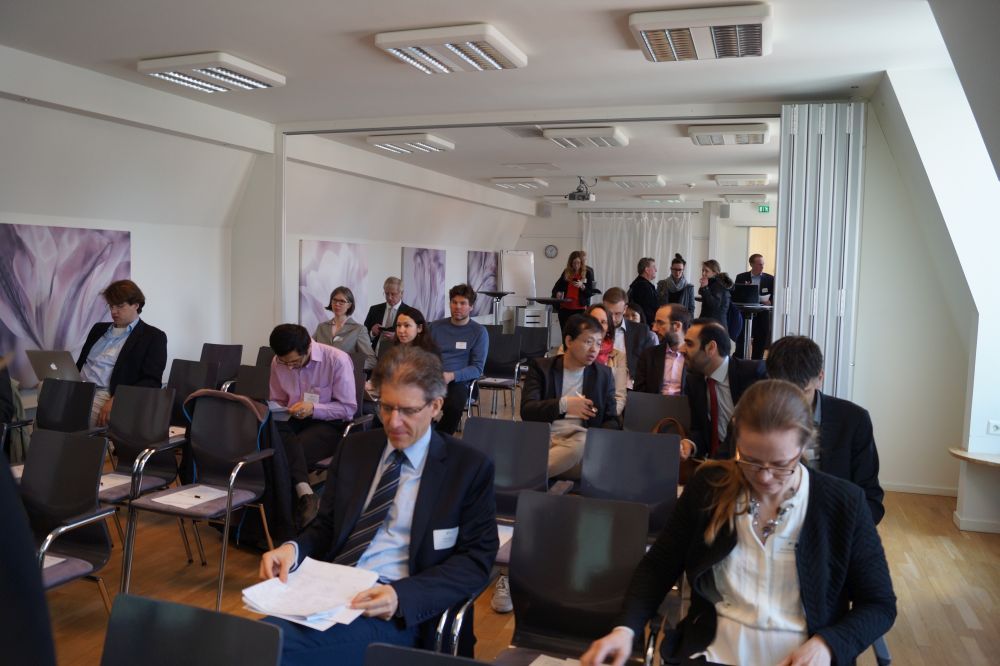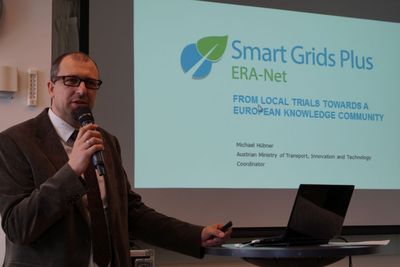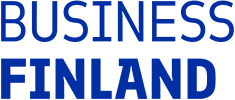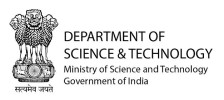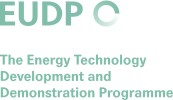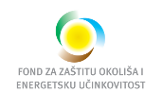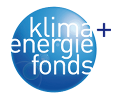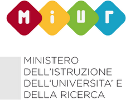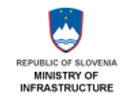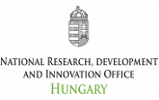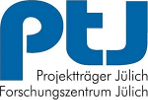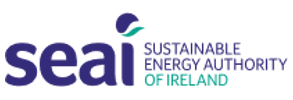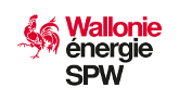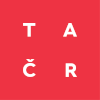Stockholm I Joint Call 2016 & expera Successfully Launched
On April 21st and 22nd, 2016, the launch event for the 2nd ERA-Net SG+ joint call for transnational projects as well as for the initiative’s Knowledge Sharing platform expera was held in Stockholm, Sweden. More than 50 participants from academia, industry, and SMEs joined to inform themselves on the conditions and requirements for potential applications as well as to learn about the Knowledge Community and its platform expera.
On the launch event, potential applicants had the opportunity to inform themselves on the framework of the 2nd Joint Call, expectations from the funding parties and requirements for their applications. Additionally, expera, the Knowledge Sharing platform, was launched and participants were introduced to the tool and how it facilitates the Knowledge Community.
DAY 1 | Getting started with the 2nd Call
The first day of the event focussed on the launch of the 2nd Joint Call for Transnational RDD projects on Smart Grids and the Knowledge Sharing Platform expera. Michael Hübner from the Austrian Ministry for Transport, Innovation and Technology, coordinator of the ERA-Net Smart Grids Plus initiative, welcomed the participants and introduced the initiative, its background, goals, and structure.
One of the bases of the initiative’s funding is the Three-Layer Research Model – Technology, Marketplace, and Stakeholders/Adoption. In his keynote, Hans Nilsson, CEO of FourFact and Chairman of the IEA DSM-Programme, stressed the importance of the Stakeholders/Adoption layer. He pointed out that even highly elevated ideas and products are only successful if they can achieve consumer acceptance and support. Luigi Vanfretti, associate professor at the KTH Royal Institute of Technology, reported on his experience from a project perspective how successful transnational RDD can be organised and what the enabling conditions for the success of a transnational project are.
After these keynotes, Karina Barnholt Klepper and Fredrik Lundström as representatives of the ERA-Net Smart Grids Plus Call Management gave a presentation on the requirements of the second call, especially on the scope and ambition of the call, the call procedure, eligibility and desirable project characteristics. Participants were informed that this call is aimed at promoting transnational piloting and demonstration projects in the field of smart grids. The Call Management stressed that it was especially important for applicants to approach their national contact points during the compulsory advisory period. It was also advised that the Three-Layer Research Model is respected within applications.
Launch of Knowledge Sharing Platform expera
This was followed by the official launch of expera - the Knowledge Sharing Portal of ERA-Net Smart Grids Plus. Ludwig Karg, head of the ERA-Net SG+ Support Team, introduced expera and how it works as a knowledge sharing tool for the ERA-Net SG+ Knowledge Community. Researchers and practitioners from the field are invited to join the platform at http://www.smartgridsplus.eu and to register as "expera followers” or as "expera experts” to actively engage in the knowledge formation and exchange process.
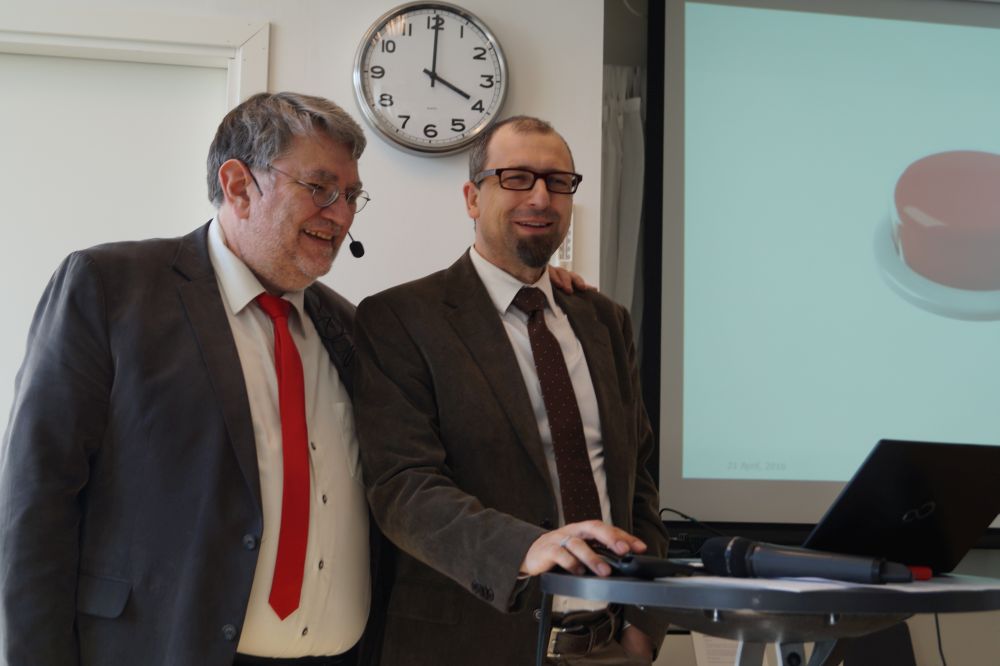
Ludwig Karg (Head of ERA-Net SG+ Support Team) and Michael Hübner (Coordinator of ERA-Net SG+) launching expera at the 2nd Call Launch Event in Stockholm, April 2016
Further insights on how a successful ERA-Net SG+ project may be built were offered by the panel in the afternoon, moderated by Ludwig Karg with representatives from two successful projects from the first ERA-Net SG+ call, Toni Goeller from the CERA-SG project and Lars Olsson from the EPR project, Rainer Bacher, the Scientific Officer of the initiative, and the two keynote speakers Hans Nilsson and Luigi Vanfretti. The two projects represented at the panel are good examples of how to include all three layers: Technology, Marketplace, and Stakeholders/Adoption. The panellists agreed that innovative ideas on how to approach potential consumers and other stakeholders are needed – developing a "fancy” technology alone does only in rare cases provoke technology uptake. Therefore it is a good idea to already include all relevant stakeholder groups into the project consortium.
DAY 2 | Building successful projects
The second day of the ERA-Net SG+ launch event started with a keynote from Kenneth Johansson, CEO of KIC InnoEnergy Sweden. He gave an insight on how successful joint transnational RDD can be facilitated by funding programmes. He stressed that the design of funding programmes is strongly linked to the TRL level (Technology Readiness Level) it is targeted at. Furthermore, he pointed to the importance of having a balanced project consortium including all important stakeholders as well as to flexibility in project design and the importance of a professional project management for the success of the project.
In the subsequent panel discussion, representatives of the funding agencies – Michael Hübner as representative from Austria, Mimmi Magnusson representing Sweden, and Michael Moser as representative from Switzerland – discussed with Fredrik Lundström from the Call Management and Kenneth Johansson about the ERA-Net SG+ Funding Framework. The agency representatives pointed to the common understanding regarding the expectations towards applicants, e.g. the three layer model, but that nevertheless there might be different focuses of different agencies. So it might be useful for project partners to search for partners from other countries that complement their own research focus accordingly. It was again stressed that contacting national agencies during the first application phase is indispensable.
The remaining part of the event was dedicated to facilitating the matching of potential project partners. There was a pitch session were participants could present their organisations and project ideas as well as what kind of collaborations they were looking for. Afterwards, a matchmaking was conducted were participants were able to take part in pre-scheduled and non-scheduled bilateral meetings with other participants that they might be interested in cooperating.
All in all, the event was a great success and participants especially appreciated the many possibilities for getting first-hand information with respect to the call and the various networking opportunities. The expera platform received a lot of interest and already in the few days after the event a lot of people have registered.
BACK TO NEWS OVERVIEW
